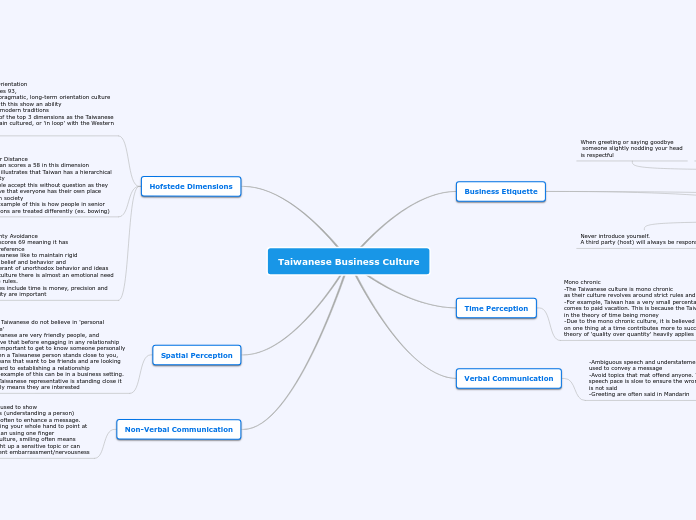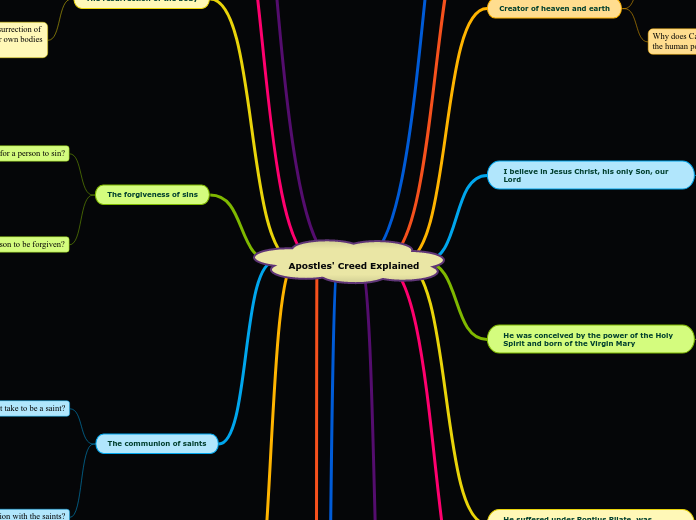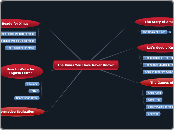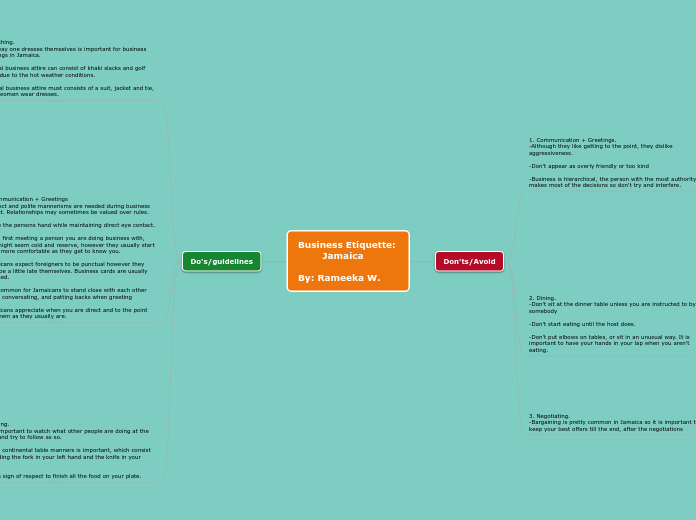av Deep Nihal 6 år siden
578
Taiwanese Business Culture
Taiwanese business culture is deeply influenced by hierarchical structures and a strong sense of order, as evidenced by their high scores in Hofstede's dimensions of power distance and uncertainty avoidance.









